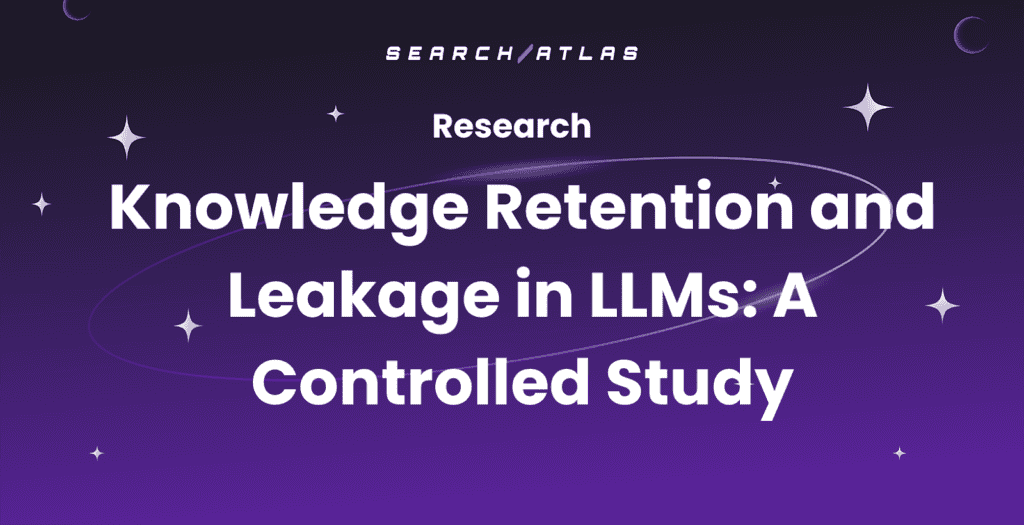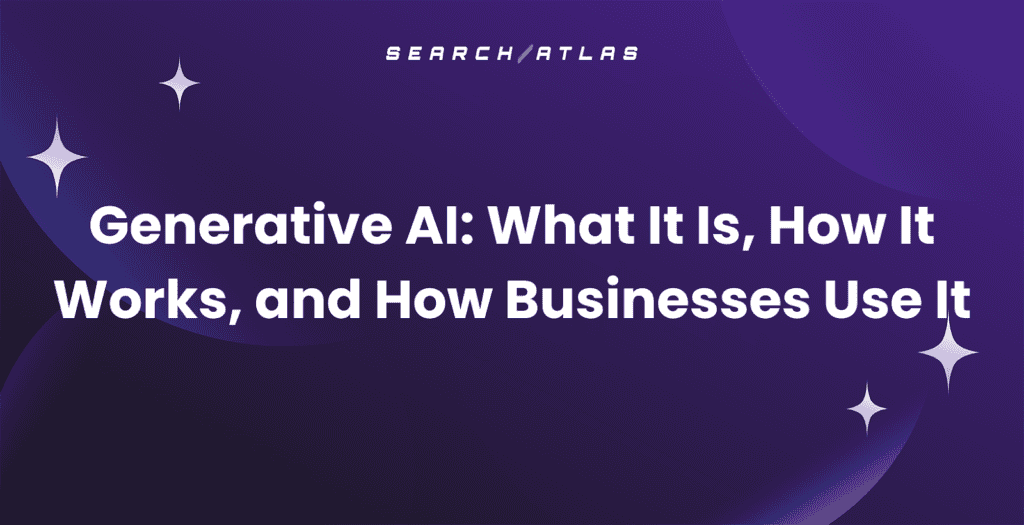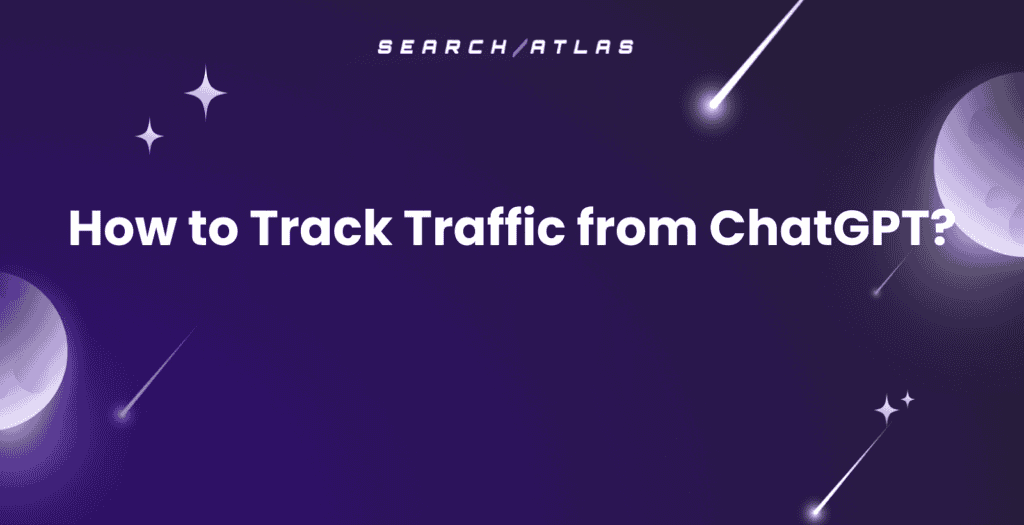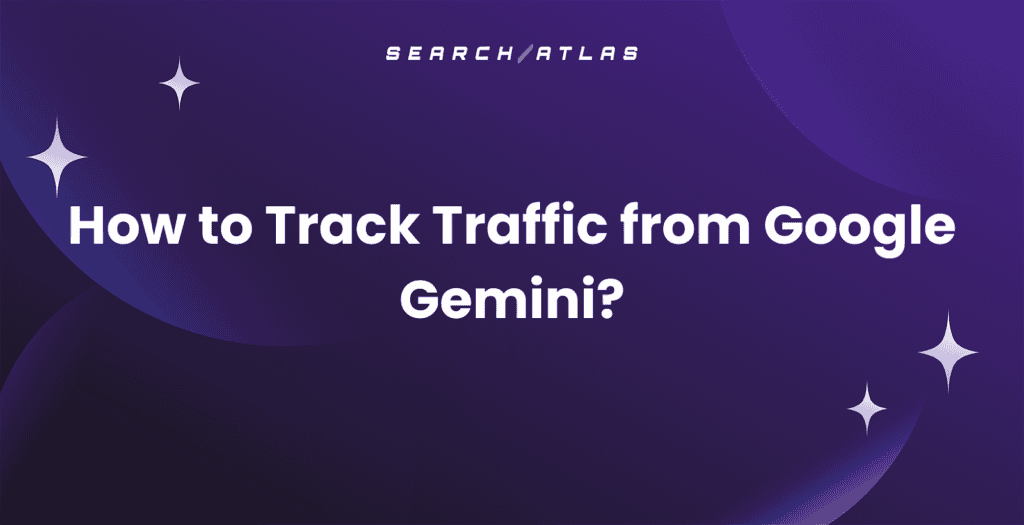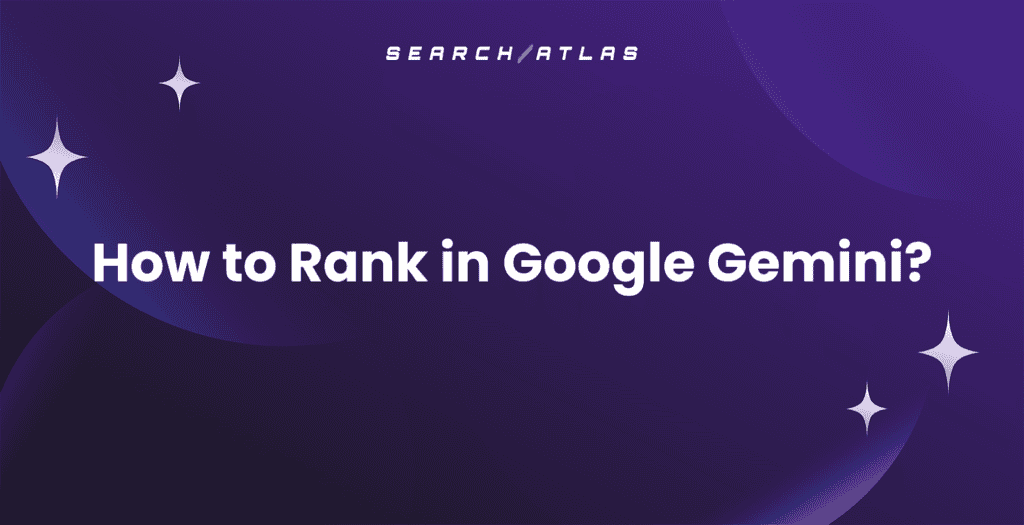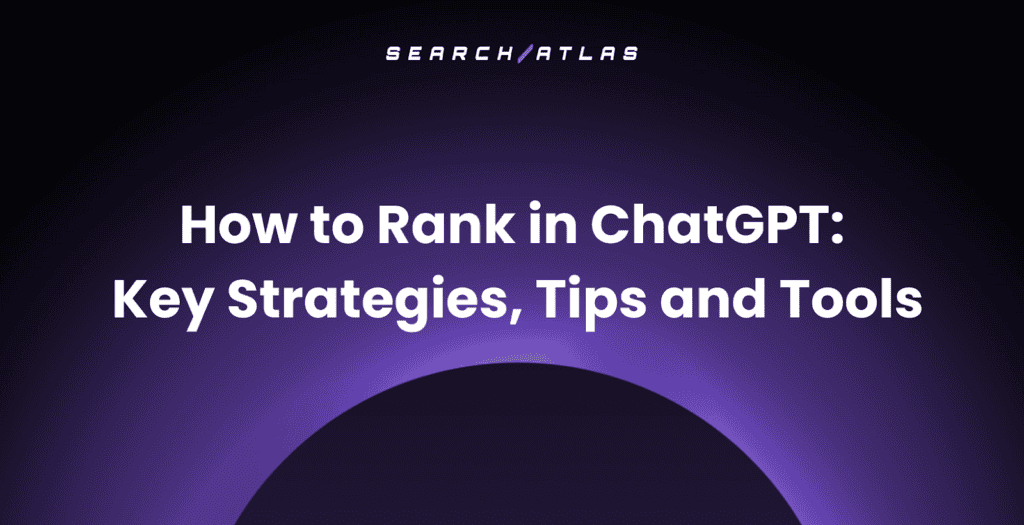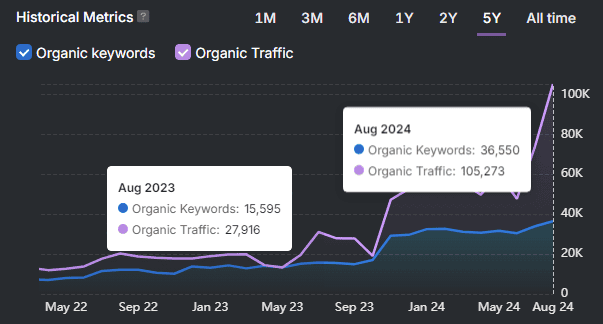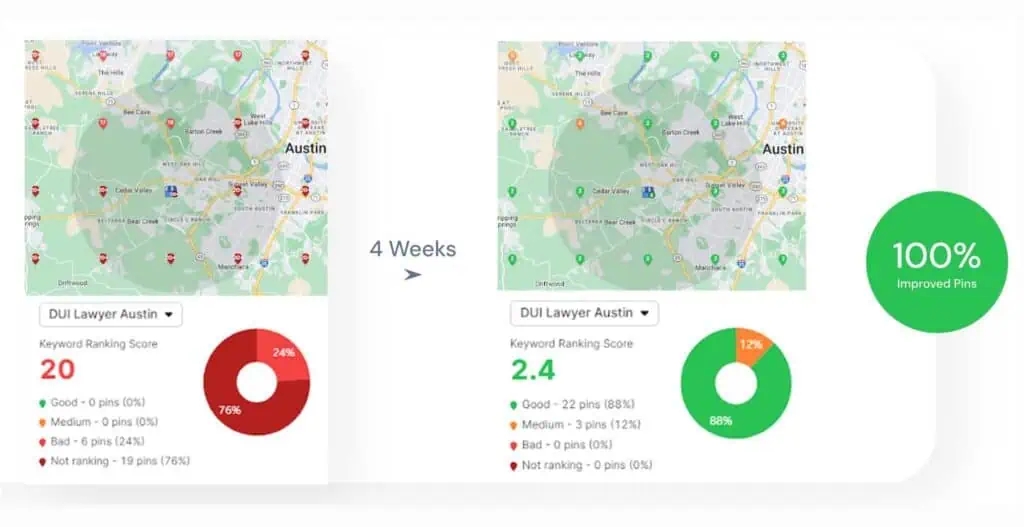Choosing between NitroPack and WP Rocket depends largely on how you want to handle site speed optimization. While both plugins aim to boost performance and improve Core Web Vitals, they offer distinct experiences.
NitroPack takes a fully managed approach, bundling several performance enhancements—like caching, image compression, and code optimization—into a single, automated solution. It’s designed for users who want fast results without digging into technical settings.
WP Rocket, meanwhile, focuses on giving WordPress users more flexibility. It offers powerful caching and performance tools, but leaves more room for customization, making it a better fit for those who want to tweak and test their setup.
In this comparison, we’ll look at what each plugin offers, how they differ in performance and usability, and which one might be better suited to your site’s needs in 2025.
What Is NitroPack?
NitroPack is a performance optimization platform built to make websites load faster. It automates nearly every aspect of site speed improvement, including caching, image optimization, code minification, lazy loading, and content delivery.
By handling optimizations on its servers, NitroPack helps improve site performance and Core Web Vitals without overloading your hosting environment. This setup makes it especially useful for site owners who want measurable performance gains but don’t have the time or technical knowledge to manage a multi-plugin optimization stack.

Once installed, NitroPack immediately begins optimizing your site’s assets. You can select from five pre-configured optimization modes, depending on how aggressive you want the performance tuning to be.
It processes and serves optimized versions of your pages via a global content delivery network (CDN), minimizing latency and ensuring that users see the fastest version of your site, no matter where they’re located.
Advanced caching features, such as smart cache invalidation and cache warm-up, help ensure that changes are reflected quickly and reliably.
NitroPack Popular Features
NitroPack packs a wide range of performance tools into a single solution. Notable features include.
- Automatic Optimization: Applies caching, image compression, and code minification automatically, reducing setup time.
- Advanced Caching: Includes intelligent cache invalidation and cache warm-up to keep content fresh without manual purging.
- Image Optimization: Compresses images, generates device-specific sizes, and lazy-loads them for faster visual load times.
- Built-in CDN: Uses a global CDN to serve assets from the closest edge server.
- Code Optimization: Minifies HTML, CSS, and JavaScript, strips unused code, and improves font rendering.
- Lazy Loading: Defers the loading of off-screen images and assets until they’re actually needed.
- Cloud-Based Processing: Handles all optimization off-site, freeing up your server’s resources and reducing load on your hosting plan.
NitroPack Pricing Structure
NitroPack offers a free plan and several scalable premium options.
- Business: $21/month, 1 website, 50,000/mo pageviews, 25GB/mo CDN bandwidth
- Growth: $51/month, 1 website, 200,000/mo pageviews, 100GB/mo CDN bandwidth
- Scale: $176/month, 1 website, 1,000,000/mo pageviews, 500GB/mo CDN bandwidth
- Agency: Custom pricing and features
What Is WP Rocket?
WP Rocket is a premium WordPress caching plugin built to boost site speed and performance with minimal setup. It focuses on streamlining load times by automatically applying a wide range of optimization techniques—from page caching to file compression and database cleanup.
Everything runs directly on your WordPress site, giving you full visibility and control without needing to touch a single line of code.
WP Rocket operates natively within WordPress, making it a solid choice for site owners who want to stay hands-on.
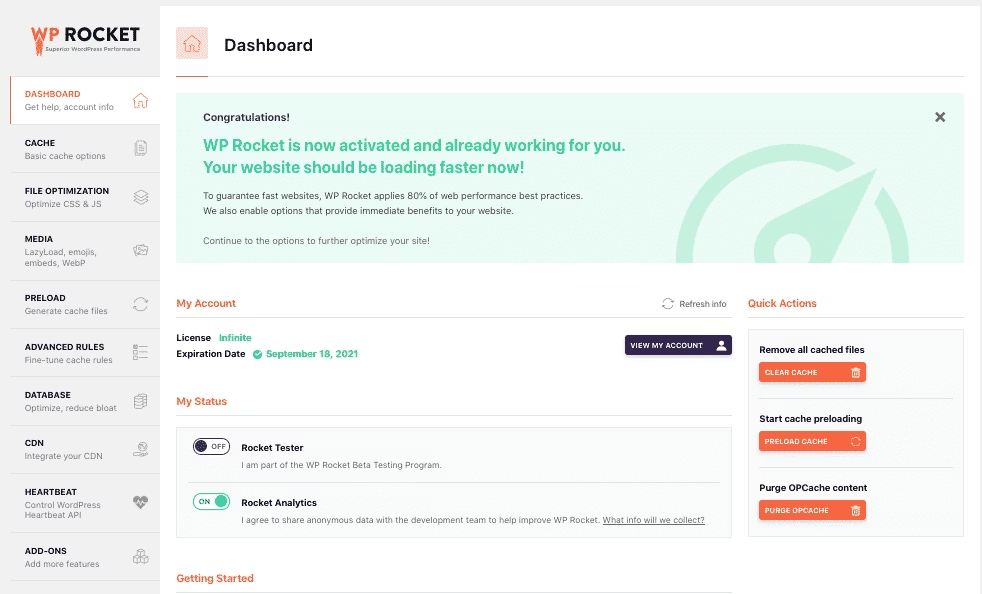
Most features work out of the box, but WP Rocket also gives you room to customize performance settings as needed.
Whether you’re trying to pass Core Web Vitals or reduce bounce rates, WP Rocket offers a structured, intuitive way to improve page speed from the inside out.
WP Rocket Popular Features
WP Rocket covers nearly every aspect of performance optimization from within the WordPress dashboard.
- Page Caching: Automatically creates static HTML versions of your pages to reduce server load and speed up delivery.
- Browser Caching: Instructs browsers to store assets like images and scripts locally for faster return visits.
- Cache Preloading: Dynamically preloads cache files so visitors always get fast access to your latest content.
- Lazy Loading: Delays non-critical elements like images and iframes until they’re needed, improving initial load speed.
- Database Optimization: Cleans up outdated drafts, spam comments, and transients; includes auto-cleanup scheduling.
- CDN Integration: Compatible with most major CDNs, helping distribute content from servers closer to your users.
- GZIP Compression: Compresses content before sending it to users, resulting in faster downloads and reduced bandwidth.
WP Rocket Pricing Structure
WP Rocket is a paid plugin with no free version, but all plans come with the full feature set.
- Single Site: $59/year
- Plus (3 Sites): $119/year
- Multi: ranges from $299/year for 50 websites to $599/year for 500 websites
NitroPack vs. WP Rocket: Which Speed Plugin Matches Your Site’s Needs?
NitroPack and WP Rocket both aim to make WordPress sites load faster. NitroPack focuses on automation through a cloud-based system, while WP Rocket offers more hands-on control within your WordPress dashboard.
Now, we’ll look at how each plugin handles the core elements of site speed optimization to help you choose the one that fits your workflow.
1. Caching Capabilities
NitroPack provides robust, automated caching that includes page, browser, and smart cache invalidation. It also performs cache warmup in the background, ensuring users see optimized pages without delay. However, caching occurs on NitroPack’s servers rather than your own.
WP Rocket excels in caching with features like page caching, browser caching, mobile caching, and cache preloading—all controlled within WordPress. It gives users more direct control over what gets cached and when.
Winner: WP Rocket
WP Rocket wins here for its flexibility and comprehensive caching features. Advanced users benefit from the ability to configure caching exactly how they want, without relying on external servers.
2. Image Optimization
NitroPack automatically compresses images, generates responsive formats, and implements lazy loading without requiring an additional plugin. It uses next-gen formats like WebP when supported by the browser.
WP Rocket offers lazy loading and image optimization, but to fully compress and convert images to modern formats, users need to pair it with a separate tool like Imagify (also developed by the same company). This adds an extra step and potentially another cost.
Winner: NitroPack
NitroPack wins for offering built-in, automated image optimization as part of its core service—no extra plugin or setup required.
3. File Optimization
NitroPack minimizes and compresses HTML, CSS, and JavaScript files automatically. It also removes unused CSS and defers non-critical JS by default, with no manual input needed.
WP Rocket gives users granular control over file minification, combination, and deferral. It also includes features like critical CSS generation and GZIP compression. Unlike NitroPack, changes are made directly to your site’s files.
Winner: WP Rocket
WP Rocket edges out NitroPack here because of its detailed file optimization controls. Developers or performance-minded users who want more transparency and control will prefer WP Rocket’s approach.
4. CDN Integration
NitroPack comes with a built-in global CDN, so all users benefit from distributed content delivery out of the box with no extra configuration or third-party account needed.
WP Rocket supports integration with third-party CDNs like Cloudflare and RocketCDN (offered separately). This adds flexibility but also requires additional setup and possibly additional cost.
Winner: NitroPack
NitroPack wins for offering a built-in CDN that’s ready to go immediately. WP Rocket’s flexibility is valuable, but NitroPack simplifies the process.
5. Database Optimization
Database optimization is not NitroPack’s focus. It doesn’t include cleanup tools for old post revisions, spam comments, or transient data.
WP Rocket offers one-click database cleanup, which removes bloat like post revisions and expired transients. Users can schedule automated cleanups for ongoing performance improvements.
Winner: WP Rocket
WP Rocket clearly takes this category. Its built-in database tools help maintain a cleaner, faster site over time.
6. Pricing and Value
NitroPack includes a free plan and scales pricing based on pageviews and bandwidth. It bundles optimization, CDN, and image handling into one platform, but costs can climb quickly for high-traffic sites or e-commerce businesses.
WP Rocket uses a flat yearly fee that includes all core features, regardless of traffic volume. While it may require separate tools (like a CDN or image optimizer), its predictable pricing can be more budget-friendly for many WordPress users.
Winner: No clear winner
It depends on whether you prefer an all-in-one solution or more control over how and where you spend.
But if you’re after a tool that blends automation, advanced performance optimization, and publishing flexibility across your entire SEO workflow, the next option might be exactly what you’ve been looking for. 🤯
Why Search Atlas Is the Smarter Choice
While NitroPack and WP Rocket specialize in speed, Search Atlas takes a more holistic approach, bridging the gap between performance and overall SEO strategy. It’s built for teams that want to accelerate their site and their rankings without juggling half a dozen tools.
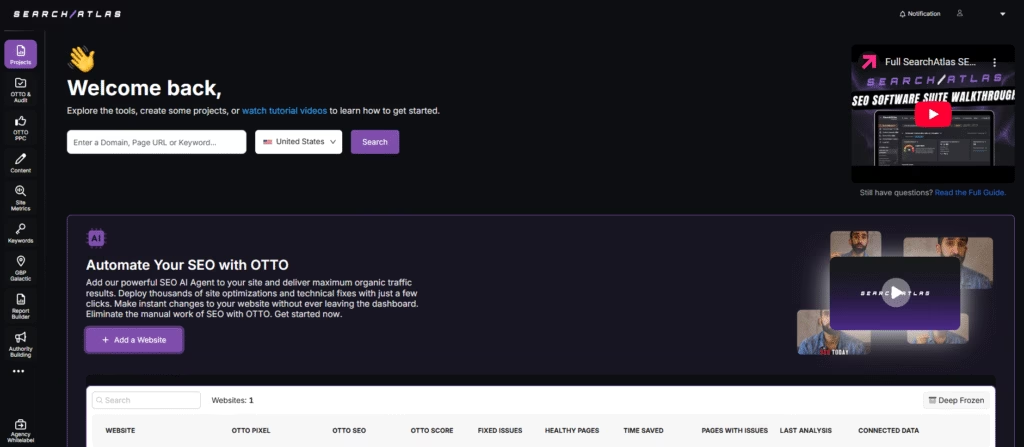
Search Atlas Features
Search Atlas offers a full suite of SEO tools in one intuitive platform. That includes everything from page speed analysis and mobile performance insights to keyword research, backlink monitoring, and AI-powered content creation. It’s not just about shaving seconds off your load time—it’s about making every part of your site work harder for visibility and growth.
Site Audit
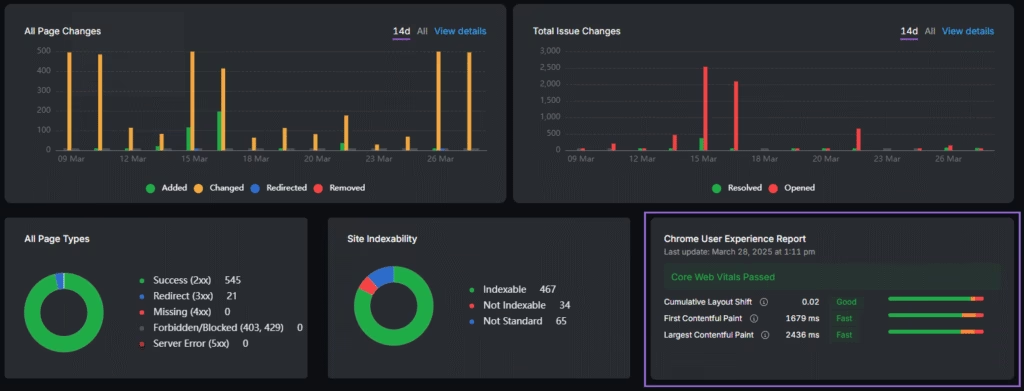
Where traditional tools stop at caching and minification, Search Atlas dives deeper. Its Site Auditor feature runs on multiple web crawlers to simulate how both users and search engines experience your website.
The platform identifies blocked scripts, misconfigured redirects, bloated stylesheets, inefficient page structure, and even duplicate content—all within a single scan.
You’ll also get historical performance tracking, which shows how changes in site health impact your visibility over time. This isn’t a static report—it’s a living dashboard that grows with your site.
OTTO
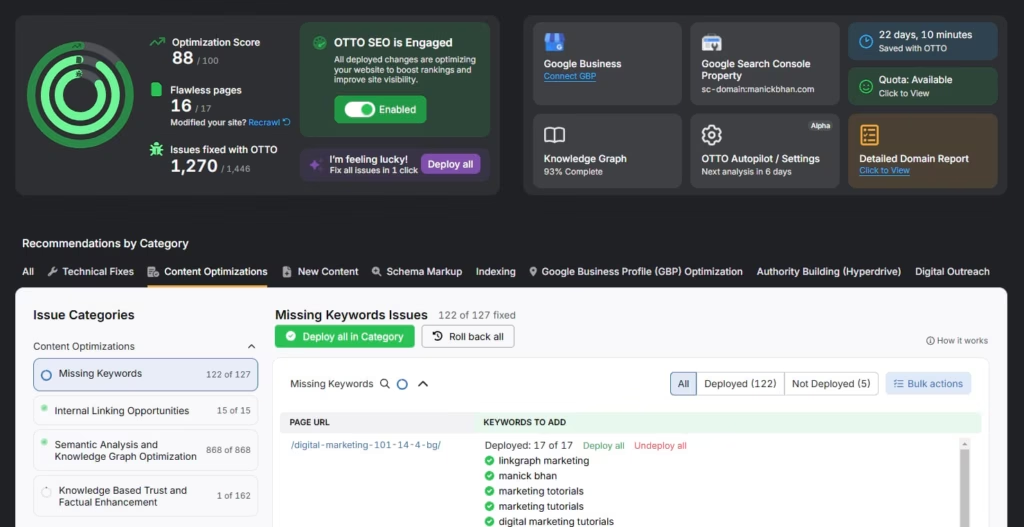
At the heart of Search Atlas is OTTO, an AI-powered SEO assistant that doesn’t just point out problems—it solves them.
Whether it’s rewriting metadata, restructuring pages for better interaction speed, optimizing technical elements behind the scenes, or automating your internal linking strategy, OTTO executes complex tasks instantly.
Think of it as having a technical SEO specialist and content strategist rolled into one, working 24/7. And because OTTO is built into the broader ecosystem, it collaborates with features like the Content Planner and SEO Content Assistant, which help you produce optimized, high-ranking content from start to finish.
Real-Time Monitoring
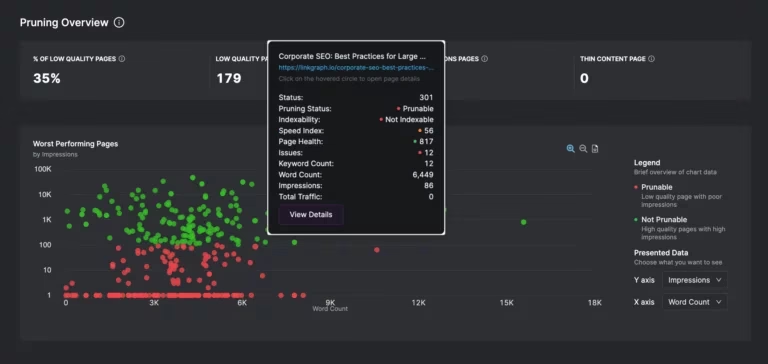
Search Atlas delivers precise, real-world performance metrics—including mobile speed scores, server response time, redirect chains, and Core Web Vitals—all tied directly to how Google views your site.
Rather than guessing which optimizations matter, you get a clear blueprint that prioritizes fixes with actual SEO impact.
Want to reduce unnecessary page bloat? The Page Pruning feature helps you identify underperforming or low-value URLs and decide what to update, remove, or keep.
And if you’re managing a larger site, you’ll appreciate the Issue Alerts, which notify you the moment something shifts in your technical health, before rankings take a hit.
Search Atlas Pricing
Search Atlas brings together tools that typically require a patchwork of platforms and delivers them in one seamless interface. Check out the pricing structure.
| Starter plan | Growth plan | Pro plan | |
|---|---|---|---|
| Price | $99/month | $199/month | $399/month |
| Free OTTO activation | 1 | 2 | 4 |
| User seats | 2 | 3 | 5 |
| GSC Site Projects | 5 | 15 | Unlimited |
| Content Assistant Keywords | 120 | 300 | 600 |
| On-Page In-Depth Audits | 40 | 100 | 200 |
| Content Plans | 40 | 100 | 200 |
| Pages / Articles Created | 40 | 100 | 200 |
| Full Article Generation Quota | 30 | 60 | 90 |
| Regular AI Quota | 100 | 250 | 99,999 |
| Site Auditor Projects | 5 | 10 | 100 |
| Keyword Rank Tracking Projects | 20 | 50 | 1,000 |
| Keyword Research Lookups | 500 | 2,000 | 5,000 |
| Competitor Research Credit | 2,000 | 20,000 | 50,000 |
Experience Why Search Atlas Outpaces Traditional Speed Tools
Traditional site speed tools focus on surface-level fixes, but they rarely address the full picture. Search Atlas changes that by combining advanced technical SEO, AI automation, real-time monitoring, and content strategy in one unified platform.
Instead of relying on scattered plugins or juggling disconnected tools, you’ll have everything you need in one place—from site audits and performance optimization to intelligent content planning and real-time issue alerts.
Whether you’re optimizing for Core Web Vitals, scaling a content operation, or fixing hidden technical issues, Search Atlas gives you the control, flexibility, and insights to grow with confidence.
Try it free today and see how seamless, scalable, and powerful SEO can be with Search Atlas.


